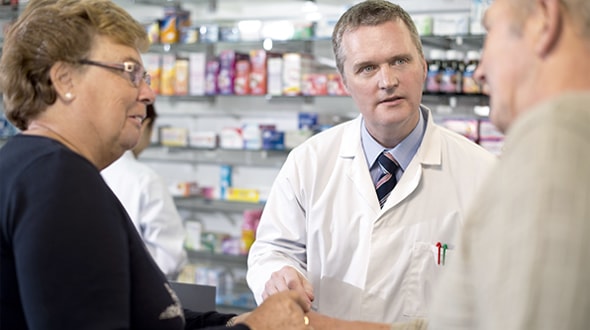How to avoid medication interactions
Prescribed medication is an exact science so it’s important not to mix it with anything that affects how it works.
Fit&Well blog
August 2015
Interactions with prescribed medication occur when another medicine, food or drink changes its strength or causes side effects, which can be serious, NPS MedicineWise warns.
The most common causes of medicine interactions are making your body absorb medicine faster or slower, affecting how the dose works, or making the combined effect too strong.
Interactions are most likely to cause problems when you start or stop taking a medicine, or the dosage is increased.
Ask your health professional about possible interactions and be sure to tell them about all medicine and supplements you’re taking, including alternative therapies. If you’re taking a number of medicines, keep an up to date list.

Read the label
Always take prescription medicines exactly as prescribed because this can affect how they work.
For example:
- Take on an empty stomach. Some antibiotics don’t work as well when taken with food.
- Take with meals. Many arthritis medicines and painkillers can cause digestive upsets if taken by themselves.
- Don’t take with certain foods. Some medicines are less effective if they are taken at the same time as calcium rich foods like dairy products.
- Avoid. Grapefruit juice interacts with several common medicines, including heart, epilepsy, blood pressure and cholesterol lowering medications, and those used after organ transplants, so people taking these prescriptions should avoid grapefruit altogether.